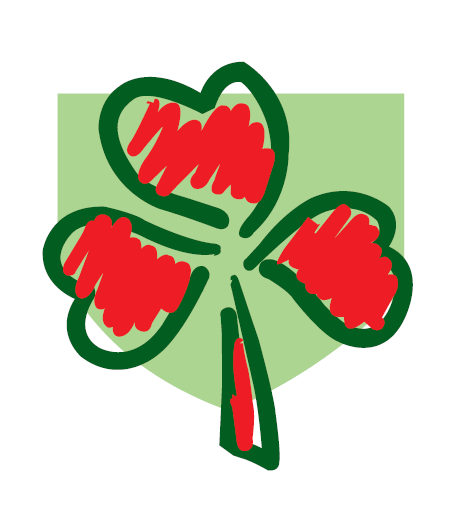Early Years (Nursery and Reception)

Welcome to the Cloverlea EYFS page!
- Teacher-Mr Horan
- Teaching Assistants-Mrs Blackburn, Mrs Peers, Mrs Harwood and Mrs Denniston

Intent
At Cloverlea, our children experience a nurturing and stimulating environment that fosters a love for learning and lays a strong foundation for future educational success. We aim to develop each child's curiosity, creativity, and critical thinking skills through a play-based curriculum that is both inclusive and reflective of the diverse backgrounds of our students. Our objective is to ensure that every child feels valued, confident, and eager to explore the world around them. We focus on the holistic development of each child.
Implementation
Our curriculum is carefully designed to provide a balance of child-initiated and adult-led activities, ensuring a broad and varied learning experience. Key components of our implementation strategy include:
- Personalised Learning: Recognising that each child is unique, we tailor our activities to meet individual needs and interests. Continuous observation and assessment allow us to track progress and plan next steps effectively.
- Play Based Learning: We prioritise play as a fundamental aspect of learning, enabling children to explore and discover through hands-on experiences. Our indoor and outdoor environments are richly resourced with materials that encourage imaginative and cooperative play.
- Engaging Themes and Topics: Our thematic approach connects learning across different areas of the curriculum, making it relevant and meaningful. Topics are chosen based on children's interests and developmental stages, promoting deeper engagement and understanding.
- Parental Involvement: We believe that parents are partners in their child's education. Regular communication, workshops, and opportunities for parents to participate in classroom activities strengthen this partnership and support children's learning at home.
- Skilled Practitioners: Our team of experienced and dedicated practitioners are committed to ongoing professional development. They create a warm, supportive atmosphere where children feel safe to take risks and express themselves.
Impact
The impact of our EYFS unit is evident in the confident, independent, and enthusiastic learners we produce. Key outcomes include:
- School Readiness: Children leave our EYFS unit well-prepared for the next stage of their education. They have developed the essential skills and attitudes necessary for a smooth transition into Key Stage 1.
- Holistic Development: Our focus on personal, social, and emotional development ensures that children build strong relationships, manage their feelings, and develop a positive self-image. These skills are crucial for lifelong learning and well-being.
- Love of Learning: By fostering curiosity and a love for discovery, we inspire a passion for learning that will continue throughout their educational journey and beyond.
- Parental Engagement: The strong relationships we build with families contribute to a supportive learning environment. Parents feel confident and equipped to support their child's development at home, reinforcing the learning that takes place in school.
- Individual Progress: Each child's progress is carefully monitored and celebrated. We ensure that all children, regardless of their starting points, make significant strides in their learning and development, achieving their full potential.

